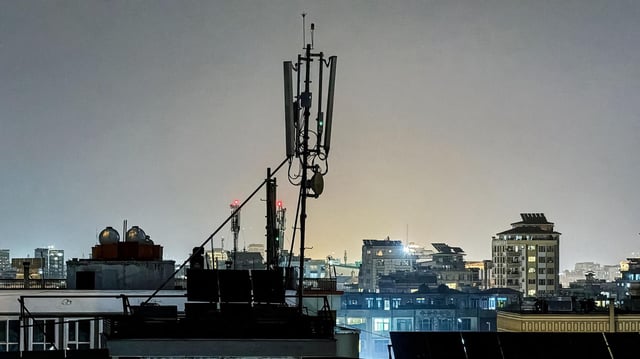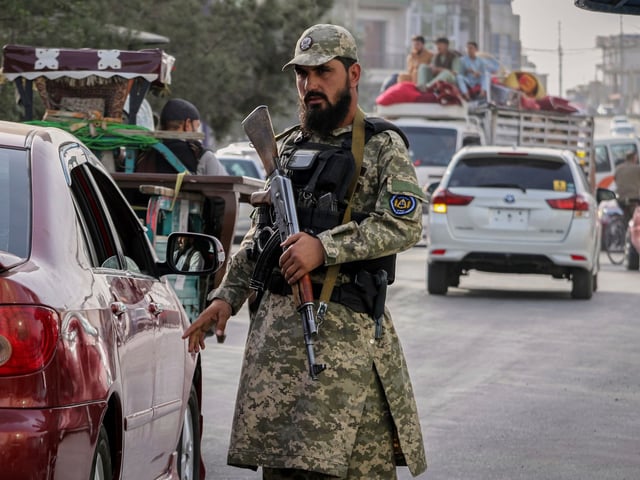Overview
- Connectivity collapsed Monday evening to near zero across Afghanistan, with NetBlocks and Cloudflare reporting indicators consistent with an intentional nationwide interruption affecting fiber, mobile data and telephony.
- Internet and mobile services were restored Wednesday evening after roughly two days offline, with AFP reporters confirming access and the BBC citing a senior source that Prime Minister Mohammad Hassan Akhund ordered the restoration.
- Taliban spokesmen later rejected claims of a deliberate shutdown and attributed the disruption to replacement of worn fiber infrastructure, a narrative contradicted by monitoring data and earlier local statements pointing to an order to curb “unmoral” content.
- The blackout disrupted banking, flights and aid coordination and cut off vital online education and income channels for women and girls; the United Nations warned of significant harm and called for full restoration of services.
- Officials from the Taliban’s virtue ministry have outlined plans to heavily filter online content and restrict social media, underscoring internal tensions over economic costs and leaving a clear risk of future targeted censorship.



